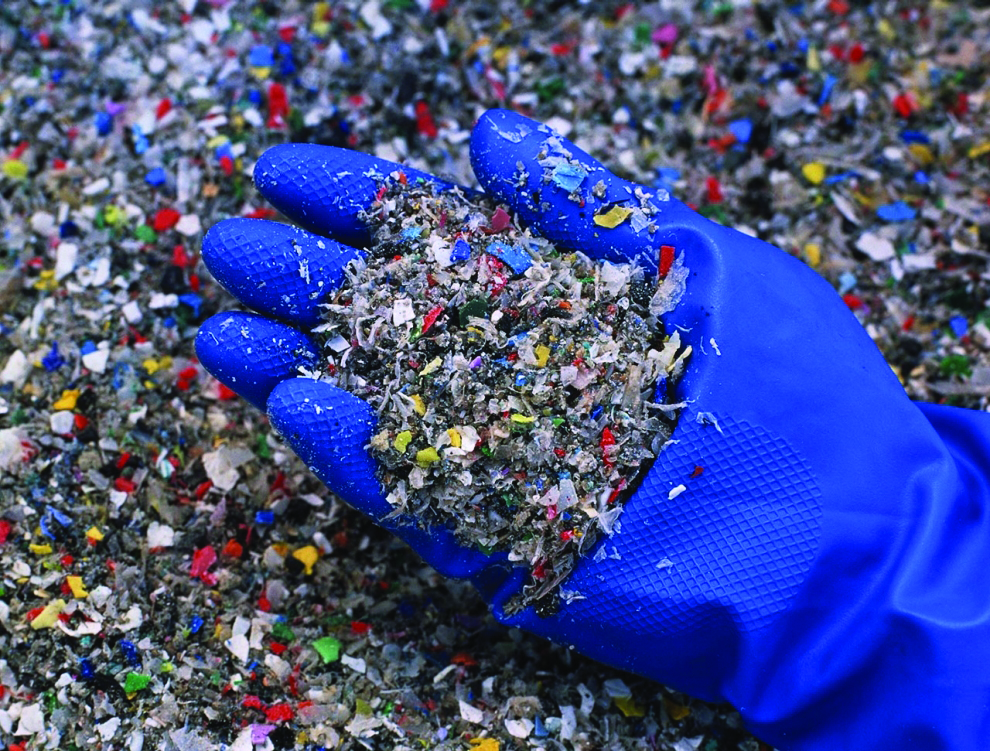 Dutch R&D specialist Senbis will be investing €5.5 million through its new subsidiary SPIC Facilities in a testing facility for the development of sustainable plastics, which includes bioplastics and recyclable plastics.
Dutch R&D specialist Senbis will be investing €5.5 million through its new subsidiary SPIC Facilities in a testing facility for the development of sustainable plastics, which includes bioplastics and recyclable plastics.
“We will be acquiring an impressive range of machinery that will make successive polymer production processes available at different scales: from grams and kilograms to full truck loads,” said managing director Gerard Nijhoving (@GNijhoving).
Senbis forms part of SPIC Emmen – an innovation cluster in the Netherlands that offers equipment, facilities and services openly to the plastic industry.
This new investment represents a considerable expansion of the facilities of SPIC Emmen. This way they facilitate the acceleration and upscaling of developments relating to sustainable plastics, the company said in a statement.
“With SPIC Facilities we provide the missing link for (bio)polymer development in the Chemport Europe ecosystem. The investments include new reactors for polycondensation, for example for developing (bio)polyesters and polyamides, a fully equipped compounder, a new line for the production of technical mono-filaments and an expansion of analytical capabilities.
According to Senbis, “the cherry on the cake” will be a new pilot spinning machine, with unique capabilities to produce both technical yarns as textile fibres.
“It is a welcome addition to our current facilities that focus on technical yarns. The new line now enable us to develop textile fibres from e.g. recycled polymers or biopolymers,” Nijhoving said. “Up until now, we were not able to answer questions in this field properly because we did not have the right equipment, even though we had all the relevant knowledge and analytical capabilities.”
With the new extruders and spinning machines, SPIC Facilities will furthermore be able to manufacture bicomponent yarns.
“The typical requirements of yarns are good mechanical and thermal properties and e.g. chemical stability. This may be reached by utilising multiple polymers and additives. This can be accomplished by compounding them, but also by combining the output of multiple extruders. For example, it will be possible to create a filament or fibre whose mantle consists of a different material than its core,” Nijhoving added.
Elsewhere, Senbis said that SPIC Emmen is devoting a lot of its efforts to the mechanical and chemical recycling of polyester. For example, the companies Morssinkhof and Cumapol are working on the chemical recycling of PET as part of the CuRe project.
 If you were interested in this bioeconomy story, you may also be interested in the ones below.
If you were interested in this bioeconomy story, you may also be interested in the ones below.
Read: 5 Minutes With… Muriel Dewilde from Bio Base Europe Pilot Plant
Read: Polymateria raises £15m for biodegradable bioplastics innovation
Read: Could milk protein be the solution to our plastic packaging crisis?





